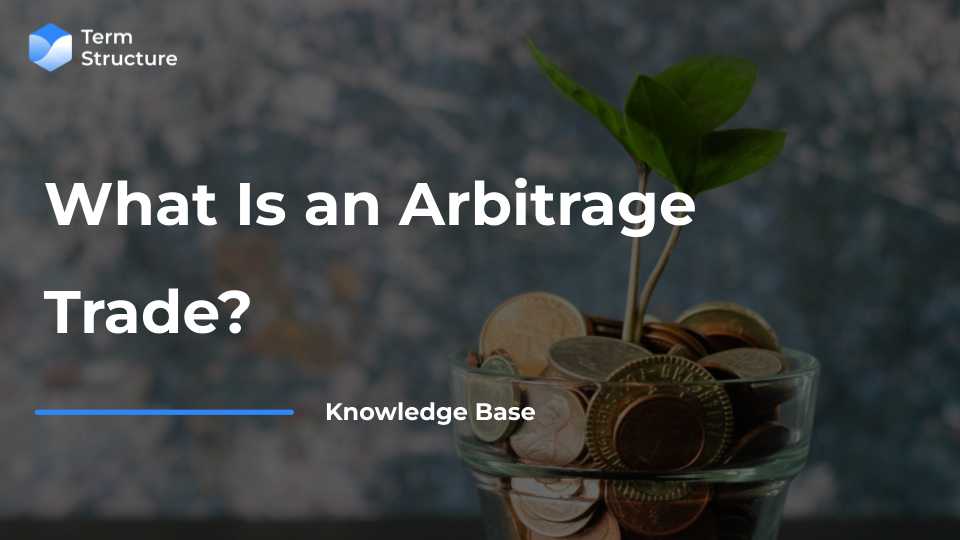What is an Arbitrage Trade?

Interest rate arbitrage refers to a financial strategy where an investor takes advantage of interest rate differentials between two or more financial instruments or markets to make a profit with minimal risk. This type of arbitrage capitalizes on discrepancies in interest rates, which can arise due to various factors such as market inefficiencies, changes in economic conditions, or differences in credit risk.
The basic idea behind interest rate arbitrage is to borrow at a lower interest rate and invest at a higher interest rate, thereby capturing the spread or difference in interest rates. This strategy typically involves borrowing and investing in financial instruments with similar risk characteristics to minimize exposure to market fluctuations.
Here are a few common types of interest rate arbitrage:
- Yield Curve Arbitrage: Yield curve arbitrage involves exploiting discrepancies in the yield curve. The yield curve represents the relationship between interest rates and the maturity of debt securities. If the yield curve is mispriced, an investor can take advantage by entering positions that benefit from expected changes in interest rates.
- Carry Trade: In a carry trade, an investor borrows money in a currency with a low interest rate and uses the funds to invest in a currency with a higher interest rate. The goal is to profit from the interest rate differential. This type of interest rate arbitrage is common in the foreign exchange (forex) market.
- Fixed-Income Arbitrage: Fixed-income arbitrage involves trading bonds or other fixed-income securities to exploit pricing inefficiencies. For example, an investor might identify mispricing between different bonds with similar risk characteristics but different interest rates.
It's important to note that while interest rate arbitrage opportunities may exist, they are not risk-free. Market conditions can change, and unexpected events can impact interest rates and asset prices. Additionally, execution risks, liquidity risks, and transaction costs can affect the profitability of interest rate arbitrage strategies.
